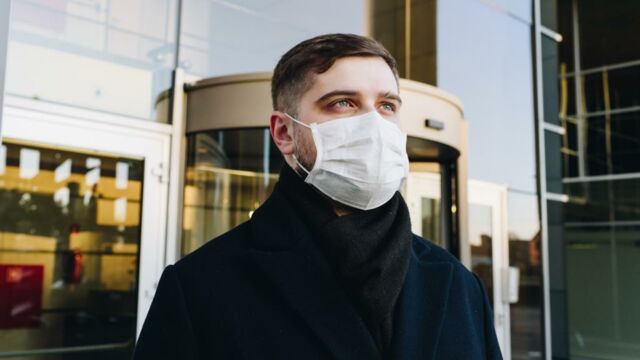Instead of having to self-isolate for 10 days upon coming into contact with the coronavirus, the UK government is looking into having people take daily tests instead.
Discover our latest podcast
Less severe restrictions
The idea would be to keep disruption of people's daily lives to a minimum and avoid having to re-enact another 'pingdemic' as was the case earlier this year, when millions of Brits were told to stay home. In a statement made to the Downing Street press, PM Boris Johnson said:
As omicron spreads in the community, we will also introduce daily tests for contacts instead of isolation, so we keep people safe while minimising disruption to daily life.
With the influx of cases as a result of the super-spreading Omicron variant, more severe measures were reintroduced to Britons to halt the spread of the virus. In particular, having to self-isolate for 10 full days when exposed to the virus. However, in a bid to save the economy from crashing and businesses potentially shutting down permanently, a reevaluation of safety measures has been put into place.
As a result, though Plan B will in fact be going forward (after continuously being told that we would not have to be socially restricted again), measures will be relaxed. The PM said:
While the picture may get better, and I sincerely hope that it will, we know that the remorseless logic of exponential growth could lead to a big rise in hospitalisations and therefore, sadly, in deaths.
What are the newly reintroduced measures?
As it stands currently, face masks will become mandatory inside theatres and cinemas starting this Friday, 10 December. Further, working from home will be reinstated as much as possible in the fields that permit it.
Vaccine passports will be necessary to enter nightclubs and large gathering events. Negative lateral flow tests will be allowed to substitute passports if need be.















